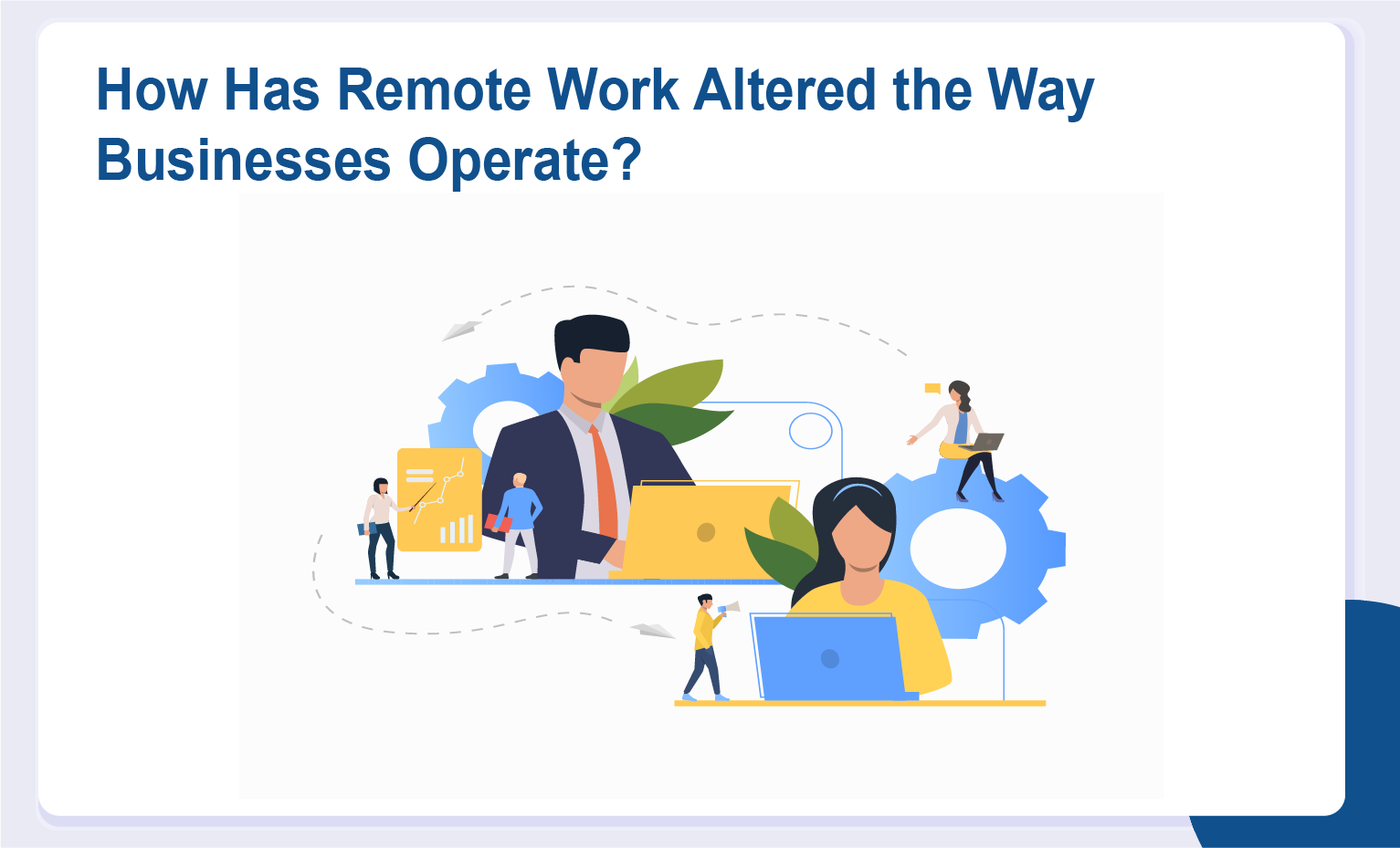
Remote work is not a concept that is new. But in the modern industry, it has certainly grown and evolved. You will discover in this post the significance and future role of remote work in the modern industry.
What is Remote Work?
Basically, It is any work where people operate from a space other than a typical work environment. Actually, this dates back to 1972. Jack Niles worked for NASA during this time and completed his work remotely.
Interestingly, at the same time, the term telecommuting was born. This was how his work was referred to by Jack. Today can involve a variety of different industries and people. We recommend that you read when companies should begin to leverage freelancers.
Companies rely on remote workers to offer customers the best services and solutions. This ensures that a business can achieve a higher level of versatility. Every year, it is also getting more popular.
How Common is Remote Work Today?
An estimated 1.9 million individuals in the UK are expected to finish work remotely. Over 50 percent of employees said in another survey that they would benefit from working away from the office. By 2021, it is believed that almost half of the workforce will be working remotely.
So, as well as supply, there’s also demand. Workers want the option of working remotely, and this option is now provided by many businesses.
How Has Technology Impacted Remote Work?
In the surge of remote workers, technology has played an enormous role. It is true to say that, without the technology, we take for granted today, the level of remote work would not be possible. Indeed, in conjunction with the expansion of the internet, the level of remote workers has certainly grown.
This growth has also been supported by more advanced technology. HR systems mean that it is possible to manage and maintain remote employees easily. Cloud servers ensure quick data transfer and instant access to systems.
Messaging solutions ensure that businesses, customers, and staff can all stay in contact with each other. Everyone can be part of a unified system and even working remotely can run the company smoothly.
Technology has also opened doors in other ways. It ensured that staff was able to access systems that had previously only been accessible in the office. This, again, is largely thanks to cloud technology.
Enterprise tools and other systems for social networks are now part of the standard business model. It’s all about connections and how people can work together, even when distances are created. It’s also the reason for the development of the gig economy.
Industries Suited for Remote Working
It’s hard to even start listing the number of industries that could be suitable for remote work. Right now, there are countless opportunities on the market and many more you have not even thought of. And companies can cut the traditional cost by 60 percent by hiring remote workers.
The characteristics that guarantee working remotely could be right for business are easier to identify. This includes the ability, through cloud platforms, to share work. You may also have an option to work and track completed progress from a remote hub.
You need to be able to interact effectively with employees through various systems as well. From texting to social media, this could include anything.
Your telecom company is suited for remote work if you think these characteristics sound familiar.
How is Remote Working Connected to IT Field Engineers?
For companies intrigued by the possibility of a remote work model, IT Field Engineers are ideally suited. Businesses can identify the top on-demand talent around the globe via the platform. They can then provide the customers closest to them with their service.
Freelance engineers are available on-demand and ready to hire, including telecommunications engineers. They are easily accessible and offer businesses an opportunity to build their global reputation. It is cost-effective, flexible, and fast, providing key success characteristics when using freelancers from a distance.
This involves a high level of communication and fast communication.
The Future of Remote Work
What the future might hold for freelance work is difficult to imagine. One thing is certain that, over the next few years, this trend is expected to continue to grow. In this process, technology will also likely play a crucial role.
With new options, including VR solutions, technology is constantly evolving. This is going to pave the way for a whole new world of working remotely. In highly competitive industries, it will also be more crucial for companies to gain benefits from remote work.
It will also become faster and more effective in the processes involved in remote work. These procedures are sure to provide individual employees as well as employers with greater benefits.
Are you ready to implement your business model with remote work? Explore the business benefits of remote employees then.
